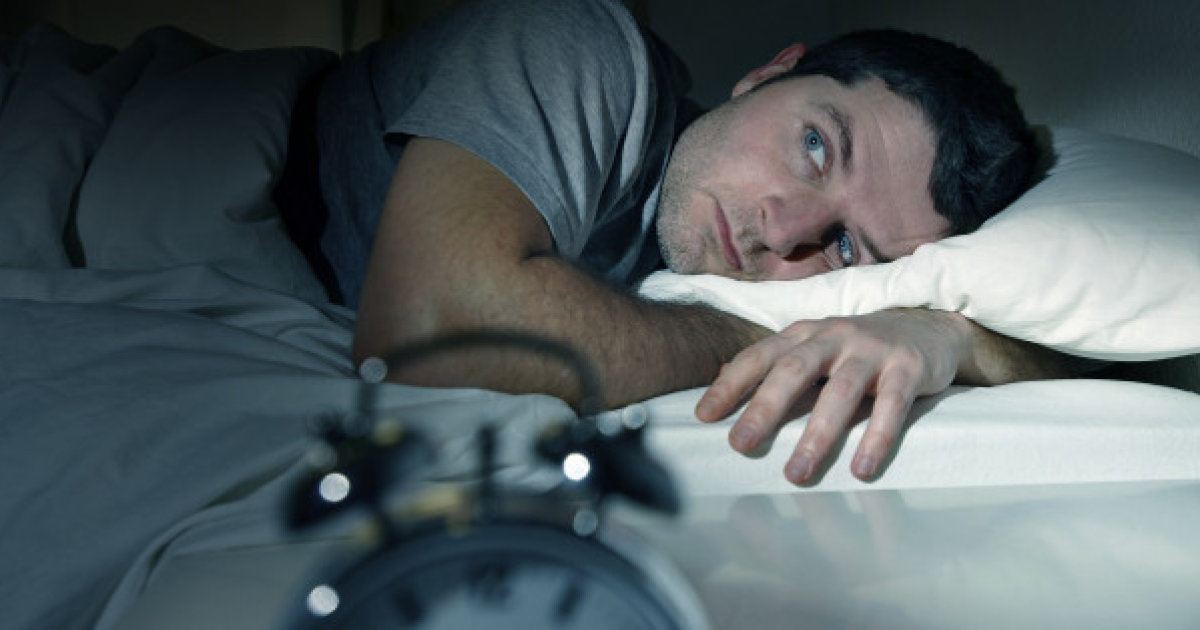Warning Signs Of Smiling Depression
Shifts In Sleeping Habits

Whether a person realizes they suffer from depression or not, shifts in sleeping habits are a significant red flag. The connection between sleep and depression may not be shown with constant fatigue. Someone who is usually a sound sleeper may suddenly have trouble getting to sleep or staying asleep. Although some people feel tired all day, restlessness occurs when they lay down to go to sleep. Opposingly, an individual who has always functioned well on a few hours of sleep each night, may have trouble waking in the morning or find naps necessary during the day.
Sleep disturbances may occur before other symptoms of depression. For instance, those with insomnia may be ten times more likely to experience depression than those without a sleeping disorder. Insomnia results in less restorative sleep and a lack of energy to face the day. Sleeping patterns may change naturally in winter when the days become shorter. The changes in daylight can trigger an upset in the body's natural sleeping rhythm resulting in increased or seasonal depression.
Uncover the next sign of smiling depression to be aware of now.